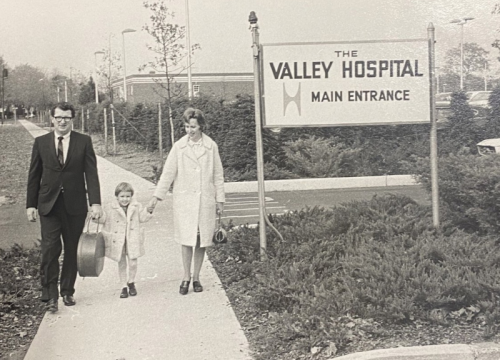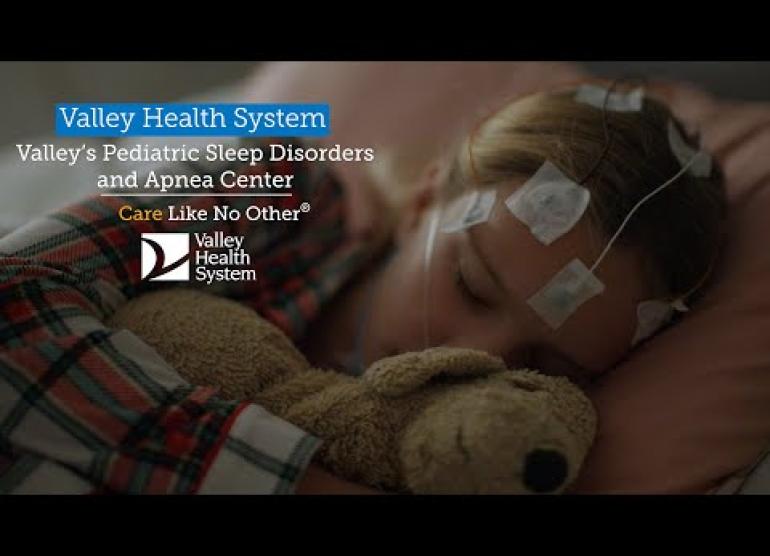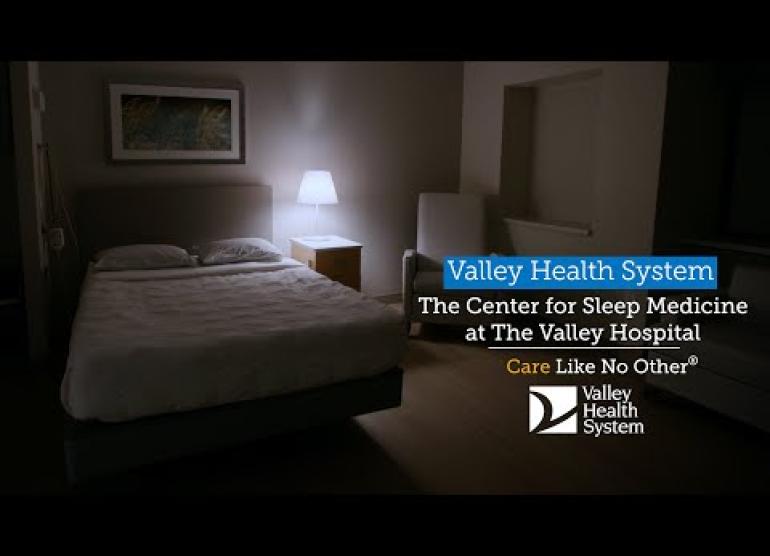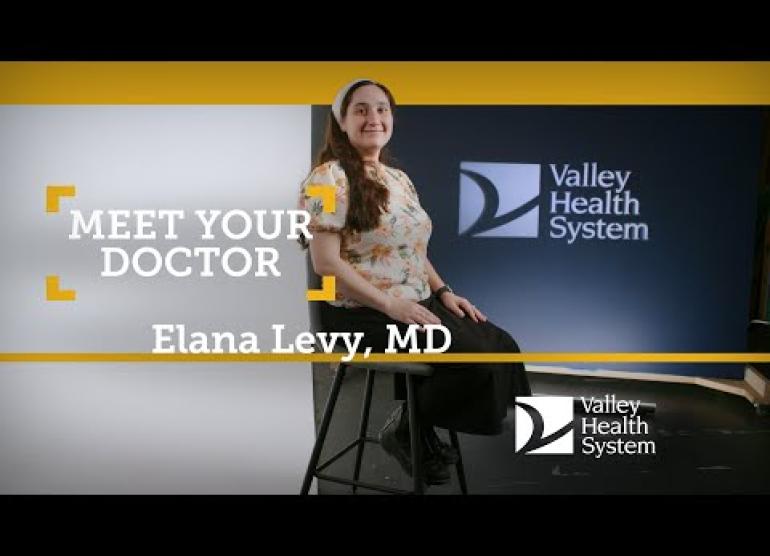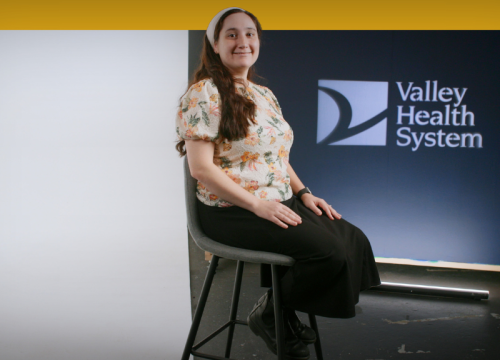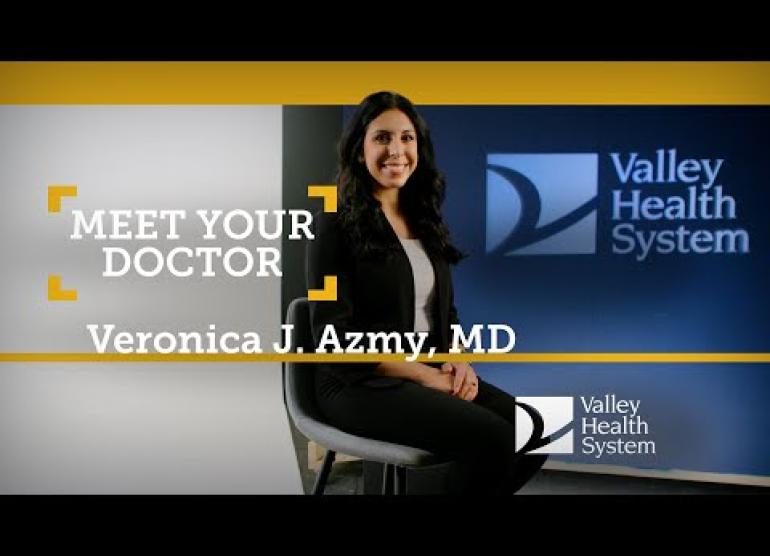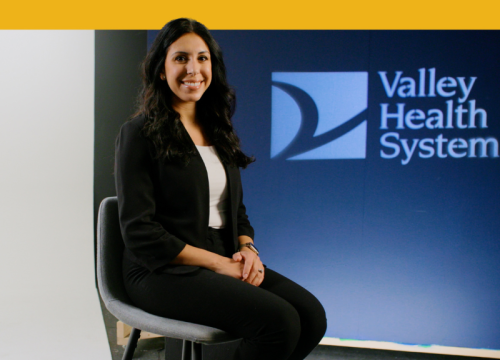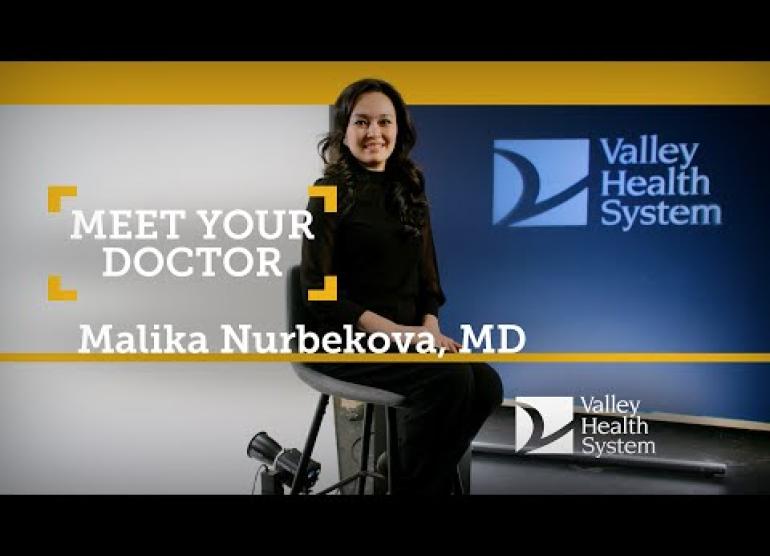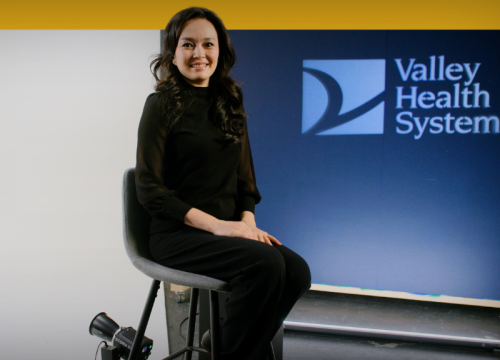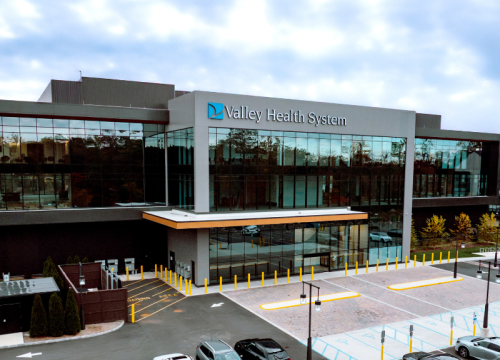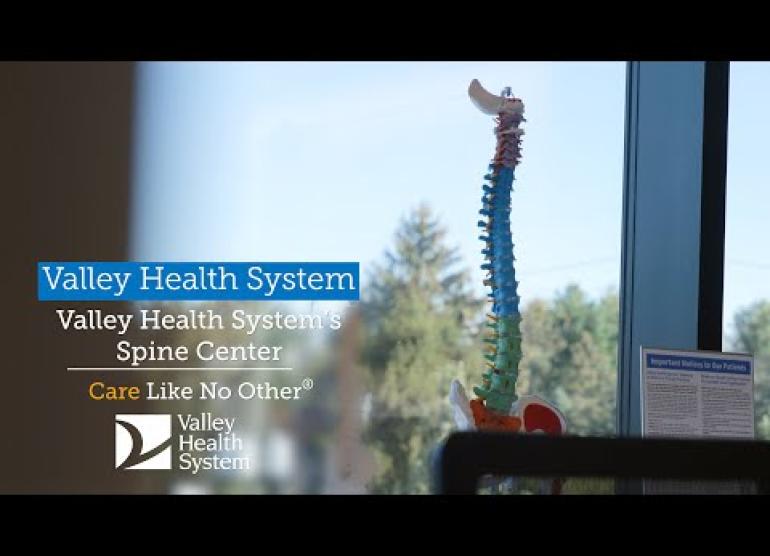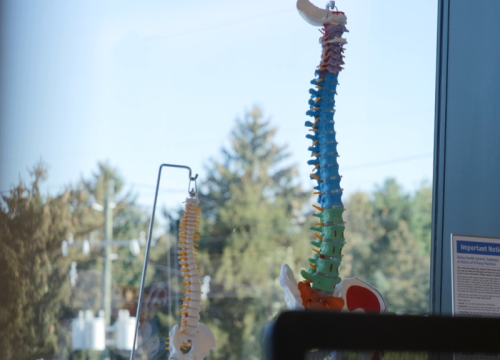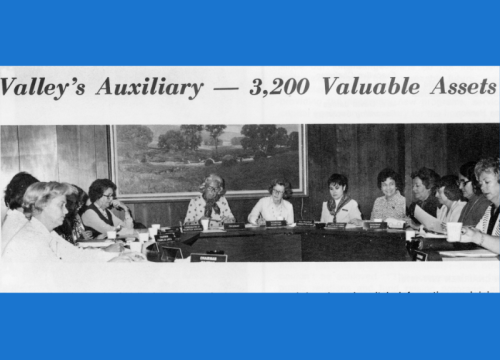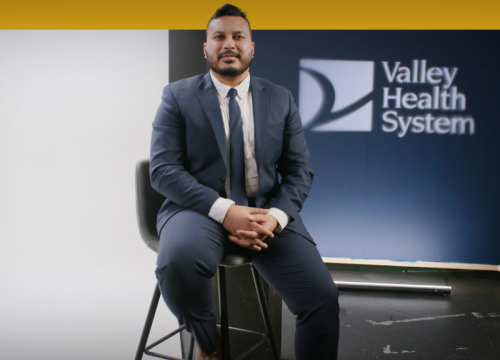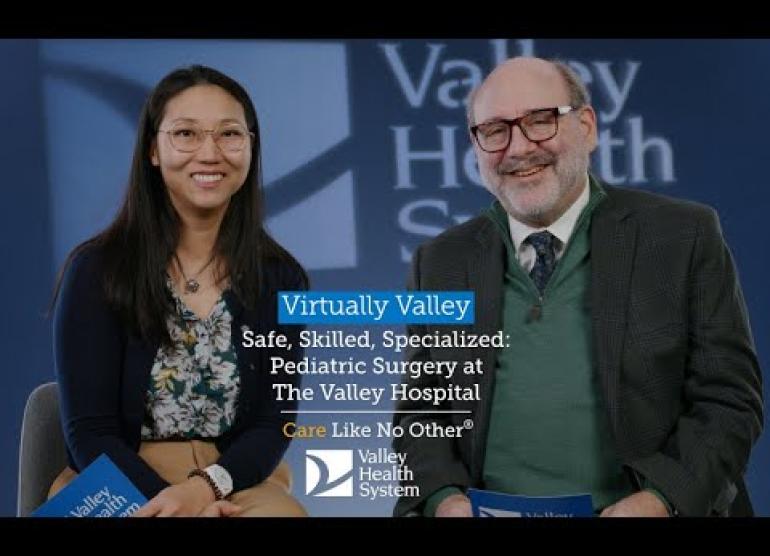At Valley Hospital Fertility Center, we offer a full range of basic and advanced infertility treatments. After fertility assessment, we work with you to find the best option for you based on your results and your wishes.
Infertility Treatments at Valley
We offer the following infertility treatment options, depending on which will be the best option(s) for you:
- Ovulation induction: Medication given by mouth or injection to stimulate the ovaries to produce multiple eggs in one cycle, thus improving the likelihood of fertilization.
- Intrauterine insemination (IUI): Placing fresh, frozen or donor sperm into the uterine cavity to achieve pregnancy.
- In vitro fertilization (IVF): Fertilization of eggs in a laboratory setting and transfer of the resulting embryos into the uterus for natural development. In vitro fertilization may be used in conjunction with the following techniques:
- Intracytoplasmic sperm injection (ICSI): Injecting a single sperm into a single egg for fertilization in a laboratory setting. While many centers require ICSI with IVF, at Valley, you can choose whether to use ICSI or natural fertilization.
- Blastocyst transfer: Culturing embryos to an advanced stage to increase the likelihood of pregnancy while decreasing the possibility of high-order multiple pregnancies.
- Assisted hatching: Helping embryos hatch out of their outer shells; at Valley, we use laser-assisted hatching for greater success.
- Embryo biopsy: This may be performed if a patient is concerned about passing along a particular disorder, such as cystic fibrosis. In this technique (also known as pre-implantation genetic testing, or PGT), a few cells are taken from a Day 5 or 6 embryo by a specially trained embryologist. After the embryo is biopsied, the embryo and cells are frozen, and the cells are sent to a lab for analysis. This analysis allows us to get a better picture of its makeup. Embryo biopsy has allowed us to increase pregnancy rates for our patients across all age groups.
- Infertility treatments in men: Sperm retrieval for men may include the following:
- Testicular biopsy (TESE): Testicular biopsy (sometimes referred to as testicular sperm extraction, or TESE) involves removing a small piece of tissue to obtain sperm for analysis, freezing and/or fertilization.
- Testicular sperm aspiration (TESA): Removing sperm from a testicle via needle and aspiration in men with azoospermia.
- Microsurgical epididymal sperm aspiration (MESA): Directly removing sperm from the epididymal tubule.
Egg Freezing and Embryo Freezing
- Oncofertility: Women undergoing treatment for cancer or other medical conditions can freeze eggs and embryos for future use through our Fertility Preservation Program.
- Embryo cryopreservation (freezing): Freezing embryos for future use.
- Oocyte cryopreservation (egg freezing) and sperm cryopreservation: Freezing eggs and sperm for future use.
Treatment for Endometriosis and Polycystic Ovarian Disease (PCOD)
- Minimally invasive surgery: Laparoscopy or hysteroscopy to treat endometriosis, pelvic adhesions, fibroids, polyps and other abnormalities of the reproductive organs.
- Treatment for endometriosis and polycystic ovarian disease: Medical and surgical interventions.
Preimplantation Genetic Diagnosis (PGD) / Preimplantation Genetic Screening (PGS)
- As part of Genetic Screening, we perform preimplantation genetic screening (PGS) and diagnosis (PGD) to analyze the genetics of an embryo before implantation. PGS/PGD screens for inherited diseases or common chromosomal abnormalities.
- PGS is also referred to as preimplantation genetic testing, or PGT.
Third Party Reproduction Services
We offer assistance with screening your choices for third party reproduction services:
- Gestational surrogacy and gestational carrier services
- Donor egg services
- Donor sperm services
Why Choose Valley for Infertility Treatment?
- State-of-the-art embryology lab: Our fertility lab offers low-oxygen benchtop incubators. These smaller incubators help your eggs stay at the optimal temperature and environment to most closely mimic the human body. We freeze our eggs using vitrification (or, flash freezing), the standard in egg freezing that offers greater success rates.
- One-on-one attention: We offer personalized treatment plans that best fit your wishes and your fertility needs. Our reproductive endocrinologist physicians and nurses are part of your diagnosis, treatment and routine monitoring.
- Our outcomes: For IVF frozen cycles, our success rates are higher than the national average in all age groups — from under 35 to over 42. For women with high rates of miscarriage, we offer genetic screening for greater success with embryo transfers. For more on our IVF outcomes, visit the Society for Assisted Reproductive Technology (SART)’s clinic summary report for Valley.


